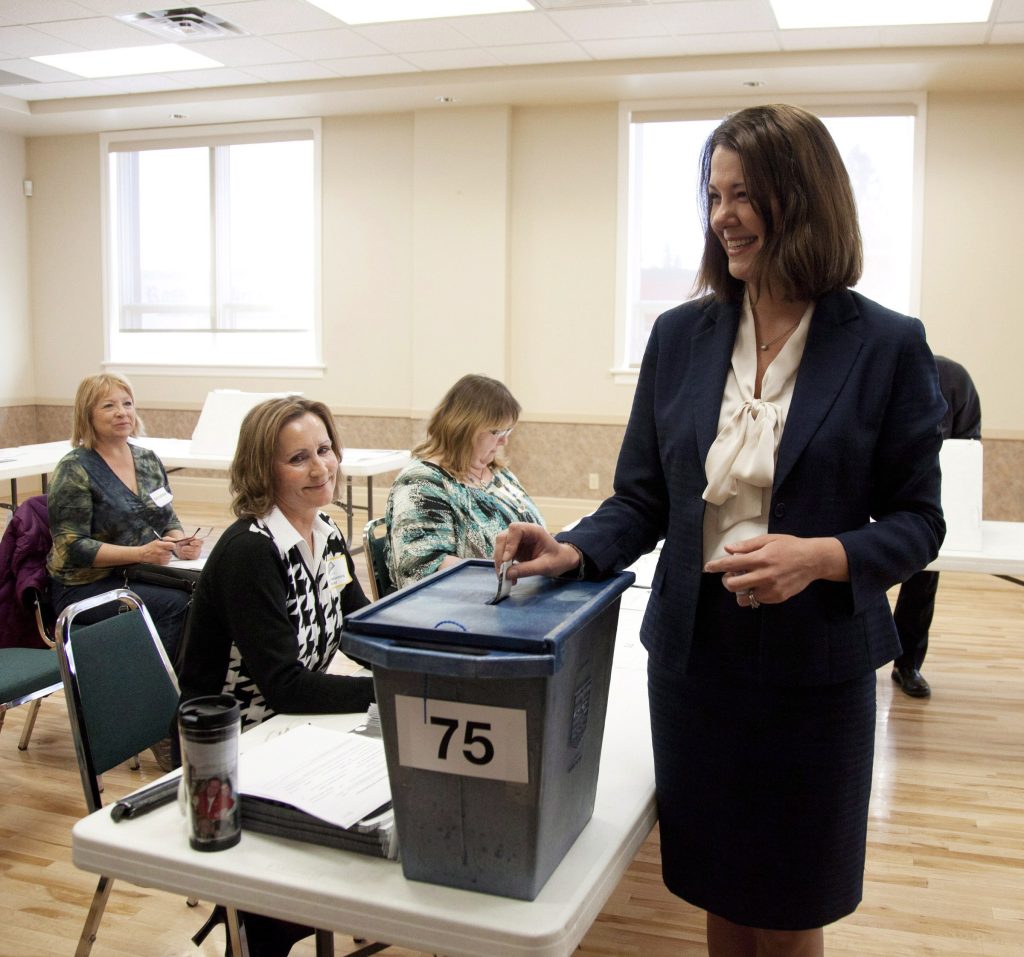New assessment to monitor Alberta elementary students’ learning

Posted July 11, 2024 6:15 pm.
Last Updated July 13, 2024 9:37 am.
The Alberta Teachers’ Association (ATA) said students should be getting more support, not more tests, amid changes the province is making to its early years assessment framework.
In a letter dated July 5, a copy of which was provided to CityNews, Education Minister Demetrios Nicolaides, stated changes to the numeracy and literacy screening for elementary students.
Under the new requirements, beginning in fall 2024, students in grades 1 to 3 will be assessed twice a year, and students receiving extra support will be assessed a third time in June to monitor their progress. In January 2025, an early literacy and numeracy screening will be introduced for kindergarten, with increased screening students and students in grade 4 to 5 starting in September 2026.
Jason Schilling, ATA President said, “When so many kids are falling through the cracks, we need to be giving them a safety net instead of measuring how fast they’re falling. Teachers don’t need a test to identify which students are struggling; they need smaller classes and more supports to get those children additional help.”
The ATA pointing out, once the changes are phased in the students who struggle the most could be subjected to as many as 32 standardized tests by the time they leave elementary school. The previous total was 10.
According to Schilling, the time and energy required by teachers to administer tests takes away from time teachers could actually be helping kids.
However, Minister of Education Demetrios Nicolaides stated that the government is building an education system that ensures no student falls through the cracks and children continue succeed in the classroom by identifying any learning gaps early.
“Supporting our youngest learners as they develop essential literacy and numeracy skills is fundamental for their success in school and life. These skills are the foundation for living, working and succeeding in our modern world. These additional assessments will tell teachers, schools and parents about potential learning issues and better position them to support students,” he said.
University of Alberta professor George Georgiou says the move is in line with international research, saying “early screening and monitoring of children’s literacy and numeracy skills is a human right, and I am happy to see Alberta’s government prioritize this.”
The ATA president stated that a better approach is must, and this can be done by respecting teachers’ professional judgment and allow them to determine which students could benefit from an assessment and when, rather than repeatedly testing every student.
“While the government claims to have listened to experts, it’s clear they did not hear what actual teachers had to say.” Said Schilling, “Politicians and bureaucrats who have little knowledge and experience of the realities of Alberta’s classrooms.”








